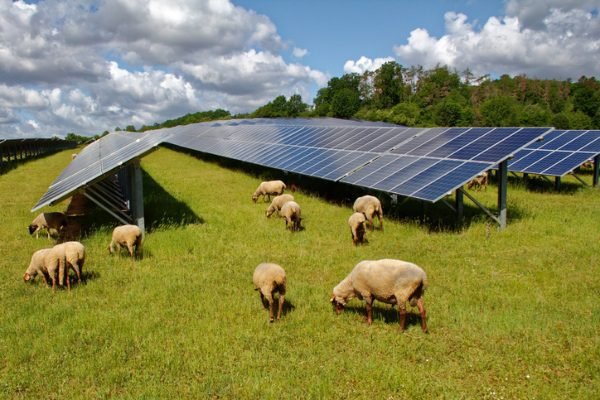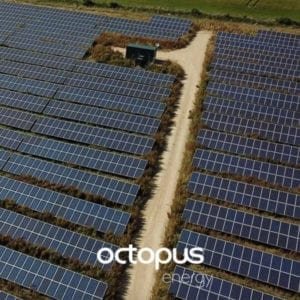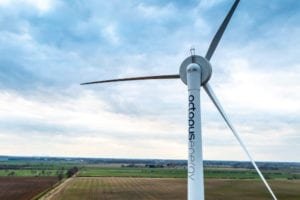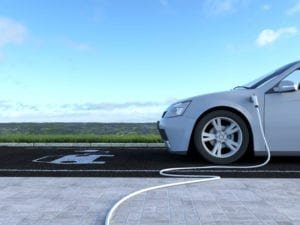An ecological emergency
It couldn’t be a more important time to stand up for biodiversity. In 2016, the UK ranked 189th out of 218 countries in the biodiversity intactness index.
Over the last 100 years, the UK has lost 97% of its meadows and other species-rich grasslands; the lamb’s succory and the downy hemp-nettle have gone extinct and the ghost orchid and wood calamint have become critically endangered.
Populations of the UK’s most important wildlife have fallen by 60% since 1970, with numbers of farmland birds declining by over 55% and one-quarter of native mammals facing extinction.
Pollinators such as bees and butterflies are of particular concern; one-third of British bumblebee species are now on the brink of extinction. As an integral part of ecosystems everywhere, a decline in the number of pollinators is having a massive knock-on effect, impacting organisms the world over. This includes us. According to the UN, as much as $577 billion of our annual food production relies on pollination.
Building biodiversity
While the sheep help to keep things under control, grassy areas spring to life when they are left alone. Some of Octopus Energy Generation’s sites embrace a more natural approach, with patches of land set aside for rewilding. The diverse wildflower meadows that result support pollinators at every stage of their lifecycle, providing pollen and nectar resources throughout spring and summer.
For some sites, like large wind farms, this can be a fantastic way to encourage native pollinators and other insects back to sites where they haven’t been seen in years.
In other cases, especially where long grasses and tall flowers can be a fire hazard or block solar panels, this sort of large-scale rewilding is not suitable.
Octopus Energy Generation, is exploring new ways to rewild both on and off sites in the future. Operators can choose to plant carefully selected wildflower meadows, or to rewild hedgerows and field boundaries. In this way, sowing native plants such as yellow rattle, bird’s-foot-trefoil and red clover can help provide habitat for a larger variety of insects and organisms, including several endangered species of bumblebee.
Beehives, like the ones Octopus Energy Generation installed near one solar site it manages in Lincolnshire, are another good way to support pollinators. 70% of ponds have vanished from the British countryside, so creating or revitalising water features plays a vital role for a wealth of species – from toads and newts to herons and grass snakes.
There’s also the opportunity to install a wide range of natural real estate, ranging from bird and bat boxes to hedgehog homes and bug hotels.
It’s important to remember that each renewable site is unique, and there’s no one-size-fits-all approach to supporting biodiversity. Smaller, urban and community-based energy generators have shown that it’s possible to support wildlife even in the middle of our busiest cities.
Repowering London’s Energy Garden project, between the capital’s rail stations, train depots, local schools, hospitals and housing estates, puts gardens alongside solar panels and battery storage. It promotes biodiversity and a sense of community alongside renewable energy, which Octopus Energy buys to supply customers through Younity, a joint venture designed to help support community energy projects like this one.
So what’s next?
As more of the UK’s power comes from renewables, ecologically minded green generators are going to become more and more important. Given the UK’s declining biodiversity, it’s vital that we all go above and beyond to support wildlife populations.
One of Octopus Energy Generation’s core missions is to protect and enhance environmental potential. It’s keen to explore new, creative ways to lend nature a hand across the renewables sites it manages and beyond – working with local communities and landowners to develop new strategies that benefit wildlife everywhere.
Together with Octopus Energy Generation, we’re excited to see what the future holds.
 Play Video about This Rock Might Just Save The World
Play Video about This Rock Might Just Save The World Play Video about Play 2 hours of rock
Play Video about Play 2 hours of rock Play Video about Play 2 hours of brook
Play Video about Play 2 hours of brook Play Video about Play 2 hours of sheep
Play Video about Play 2 hours of sheep















































